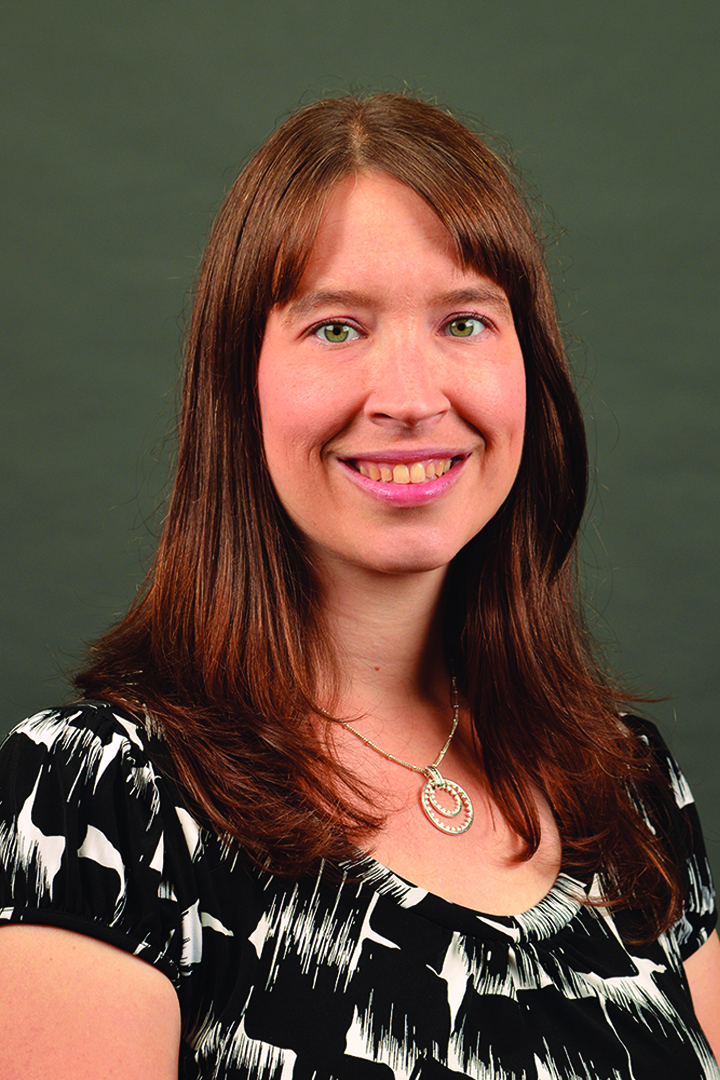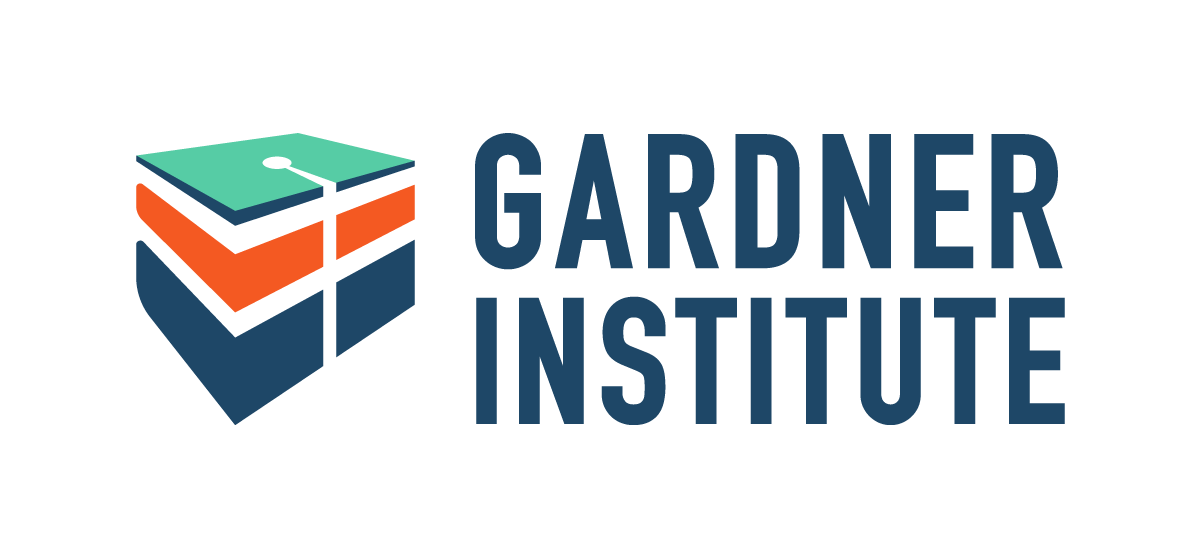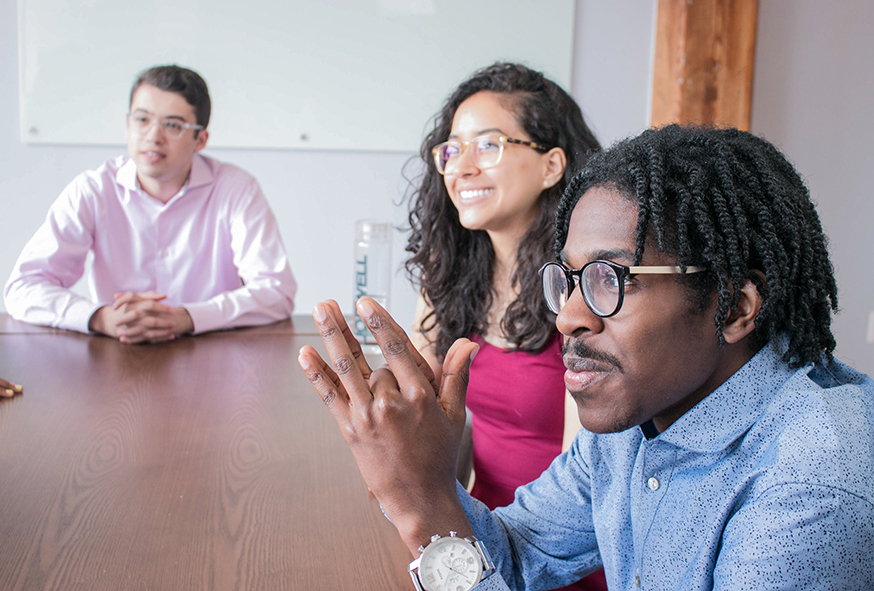Breaking barriers between faculty and staff helps everyone succeed
Western Michigan University began working with the Gardner Institute in 2014 as a part of the Michigan Cohort, and since then has participated in 3 cohorts of Gateways to Completion (now Gateway Course Experience® Redesign). Their continued work has not only helped them improve their courses; but also helped them start important discussions across campus, empowering faculty and staff.
Goal
In their initial cohort, Western Michigan University wanted to address high rates of Ds, Fs, Withdrawals, and Incompletes (DFWI) and close equity gaps in their School of Arts and Sciences. Through their time with the Gardner Institute, they have refined and made progress toward their goals.
Process
Currently in their third cohort of the Gateways to Completion process, Western Michigan University has continuously built on their prior work. In the start of the process, new collaborations were formed with the goal of improving DFWI rates and addressing equity gaps. For Western, this meant getting faculty involved.
Gateways to Completion helped bridge the gap between staff in academic support programs, like Katie Easley, Director of Student Success Services, and faculty in the classroom. She says that “The strength of our initiative is that we do have a partnership between our student success staff and our faculty. And while those two groups could do good things on their own, they’re stronger when they are working together collaboratively.” Especially during the first year of the process when participants review KPIs and complete their self study, having people engage in robust discussion proved to be powerful and essential to their work.
Access to data has also been an important part of this work. Being able to share data with faculty and show them what’s going on with their students has been empowering. For faculty who participated in Gateways to Completion, the changes have been transformative for their students and their teaching. They have redesigned their courses and see students learning more, being more engaged in their learning, and then ultimately seeing better grades at the end of the semester. Faculty have also begun seeing equity gaps closing. Easley says that she sees that faculty who were a part of cohort 1 are still continuously improving their courses. After completing the 3 year process, their mindset has shifted to being more thoughtful about what and how they are teaching, how they are assessing, and working with their students.
In their second cohort, Western Michigan University was announced as the 2019 Barefoot & Gardner Award winner. They continued to see improvements in the DFWI rates and improvements in the grades in the next courses in a sequence, even through the pandemic.
After two cohorts in their College of Arts and Sciences, Western Michigan University expanded their scope to the entire university and are now working on courses such as Anthropology and Spanish. Although not typically considered as gateway courses, the Western team saw from their data that STEM were not the only courses that could impact student success.
One of the keys to their success has been learning from national experts. The support from the Gardner Institute team was one of the most influential parts of the process. The institute team was able to provide neutral insight into the institutional data. Easley says that the mentorship provided felt personal and was career-changing for her and other members of the institution.
Key Insights
- Improvements in DFWI rates.
- Improvements in the grades in the next courses in a sequence.
- Positive mindset shift in faculty who have participated in the process.
- Process is applicable to any course. Including those not typically considered as gateway courses such as languages.
Next Steps
- Completed redesign for 9 courses, currently working on 6 more as a part of their work in their third cohort.
- Continued work with focus on closing equity gaps.
- Participating in the Equity in Retention Academy

Everyone that has participated in Gateways to Completion has grown as an individual and learned. And me more as the liaison for all these years, it's been completely life changing, career altering for me to participate. I went into it skeptical, but now I'm glad that I came to this place."
Katie Easley
Director, Student Success, Merze Tate College, Western Michigan University




